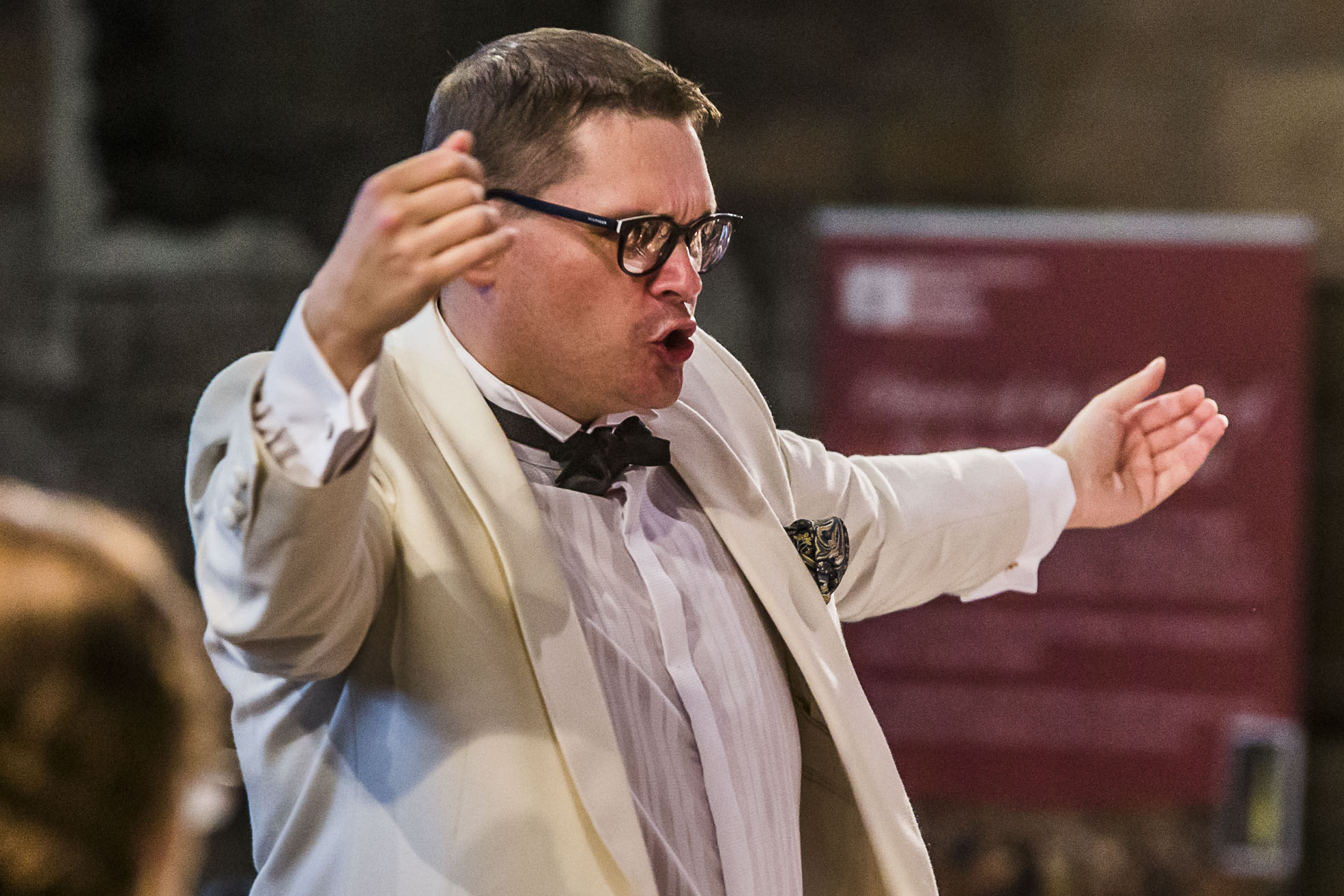
A new work by royal composer Paul Mealor is being premiered at a top music festival.
The concerto written by Professor Mealor, one of the world’s most performed living composers who was born in St Asaph and brought up in Connah’s Quay, was jointly commissioned by the North Wales International Music Festival.
The event is being held in a hybrid format for the very first time this year and resumes virtually later this month.
Organisers say the support of the Arts Council of Wales and festival sponsors was crucial in enabling the hybrid event to go ahead.
The headline sponsors are the arts loving care organisation Pendine Park via the Pendine Arts and Community Trust which supports arts and community based activities across Wales.
Prof Mealor, who divides his time between composing and teaching at the University of Aberdeen, wrote the piano concerto after being jointly commissioned by the festival and the JAM on the Marsh Festival in Kent.
The concerto was performed before a live audience for the first time at the festival’s traditional home, St Asaph Cathedral, last month before a sell-out audience.
It was filmed and will play an important part in the festival which resumes as an online festival, starting on November 15, with the concerts free to watch.
Paul, snatching a quick break between writing musical pieces for several television productions, said he was overjoyed to hear the concerto being performed in the cathedral by pianist John Frederick Hudson and the NEW Sinfonia conducted by Robert Guy.
The concerto, Paul’s second, is one long movement, lasting just over twenty minutes and subdivided into three sections.
He said: “The piece is a landscape piece and very slow moving. It plots a day really starting with sunrise and there’s a storm in the middle of it and gradually it becomes more complicated as the piece goes on.
“The end of it is so difficult to play there is nothing else to do but stop.
“People should listen out for the unusual things in it. There’s a huge amount of percussion.”
Paul added there’s also an unusual instrument, a flexatone, being played in the concerto.
“It is metal instrument which makes a weird sound. It is a small flexible metal sheet suspended in a wire frame ending in a handle and its sound is comparable to the musical saw,” he explained.
Screeching seagulls however are created by the cellists playing a harmonic glissando effect on one of the instruments four strings.
Paul commented: “At the performance in the cathedral there were people turning round to look if they were inside the building.”
He studied composition from a young age and received lessons from another royal composer, Professor William Mathias, the founder of the North Wales International Music Festival, half a century ago.
Paul said he would visit the professor at his Bangor home and would often meet Aled Jones, the boy soprano turned television presenter, on the doorstep.
“Aled was receiving singing lessons from the professors wife, Yvonne, who was a world class opera singer. We got to know each other quite well,” he said.
Paul’s links with the North Wales International Music Festival also go back many years. He stood alongside Prof Mathias as he himself performed his piano concerto turning the pages of the music as and when required.
“I was pleased to be commissioned to write this piece and was thrilled when it was performed in St Asaph Cathedral which has absolutely fantastic acoustics,” he said.
Among the sell-out crowd that evening were his parents and other members of his family.
The festival’s artistic director, Ann Atkinson, said the live performance was “mesmerizing” and was performed “as it should be” in front of a live audience.
“NEW Sinfonia gave a wonderful performance and John Frederick Hudson gave an electrifying rendition of the piece.
“We were pleased to commission the concerto jointly with JAM in the Marsh and so pleased we were able to give Paul, his family and the audience the opportunity to hear it played live.
“I am sure it will be equally good to hear the recording when it is broadcast as part of this year’s hybrid event.”
Paul came to prominence a decade ago when one of his compositions, Ubi Caritas, featured at the wedding of Prince William and Catherine Middleton.
He attended a wedding rehearsal in London’s Westminster Abbey but watched the event itself on TV with his parents on Anglesey. Later the Duke and Duchess of Cambridge and Prince Charles wrote to Paul to thank him for his work. He also received two pieces of wedding cake in a special tin from the couple.
Paul later composed the song “Wherever You Are”, which became the 2011 Christmas number one in the UK Singles Chart and has also composed an opera, three symphonies, a concerto for the euphonium and chamber music.
Recently his music was heard on the BBC One wildlife series Wonders of the Celtic Deep. His atmospheric music blended into the dramatic scenes filmed by expert naturalists and voiced over by veteran actress Dame Sian Phillips.
Ann Atkinson said the recordings of the orchestral concert and others performed in the cathedral will be available online, along with a series of other performances recorded elsewhere.
She said these include performances by the BBC National Orchestra of Wales which was recorded at the Hoddinott Hall at the Wales Millenium Centre in Cardiff.
Acclaimed pianist Iwan Llewelyn Jones has recorded pieces for the festival at Bangor University’s Neuadd Powis on their new Steinway piano and leading folk singer and harpist Gwenan Gibbard has recorded several recently re-discovered Welsh folk songs at the Sain studios near Caernarfon. The St Asaph Cathedral Choir and the London Tango Quintet are among the other performers.
For more information about the resumption of the North Wales International Music Festival online with the concerts free to watch from November 15 please visit www.nwimf.com